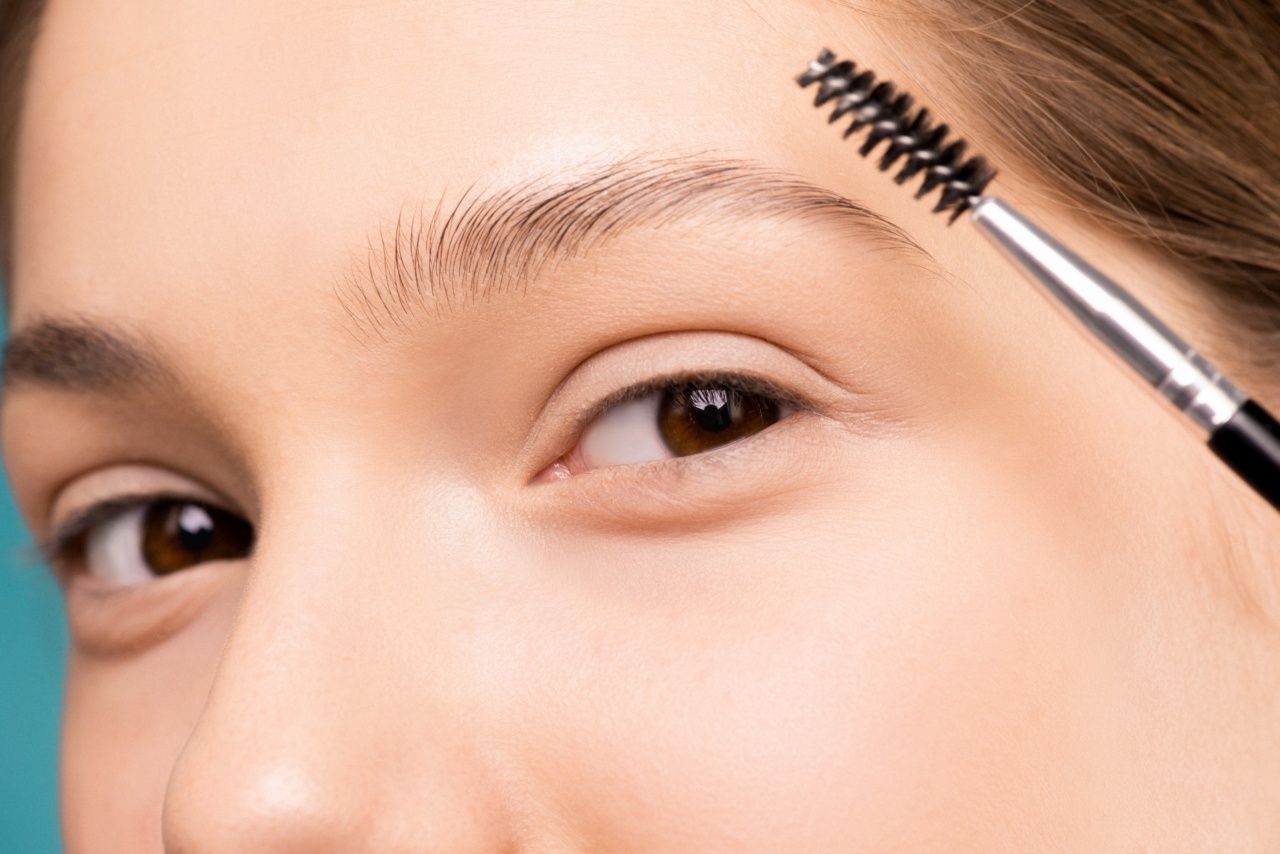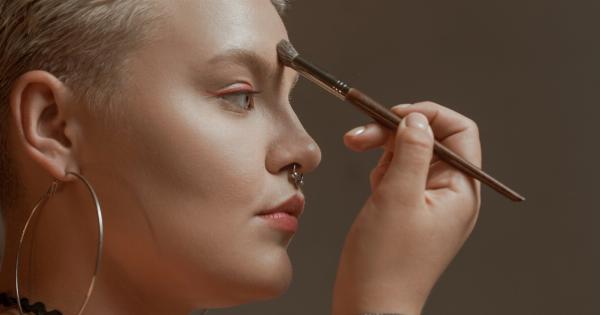Blushing is a natural physiological response that occurs when blood vessels in the face dilate, causing a reddening of the skin.
However, did you know that you can also experience blushing in your eyes? In this article, we will explore the reasons behind why your eyes may blush and provide some tips on how to prevent it.
What Causes Eye Blushing?
Eye blushing, also known as conjunctival blushing, is often a result of increased blood flow to the blood vessels in the sclera, the white part of your eyes. This can occur due to various reasons, including:.
1. Emotions:
Just like facial blushing, eye blushing can be triggered by intense emotions such as embarrassment, shyness, anger, or anxiety.
When you experience these emotions, your body responds by sending more blood flow to the blood vessels in your eyes, causing them to blush.
2. Ocular Rosacea:
Ocular rosacea is a chronic inflammatory condition that affects the eyes and eyelids. It is often associated with facial rosacea, a skin condition characterized by redness, flushing, and acne-like bumps on the face.
Ocular rosacea can cause eye blushing, along with other symptoms such as dryness, itching, and sensitivity to light.
3. Allergic Reactions:
If you have allergies, your eyes may become red and swollen due to the release of histamines in response to allergens. This can lead to eye blushing as well.
Common allergens that can trigger eye blushing include pollen, pet dander, dust mites, and certain irritants in the environment.
4. Eye Irritations:
Eye irritations, such as foreign particles, contact lens discomfort, or eye infections, can also cause your eyes to blush. These irritations can lead to increased blood flow to the eyes, resulting in redness.
5. Alcohol and Caffeine:
Consuming alcohol and caffeine can dilate blood vessels throughout your body, including those in your eyes. This can result in eye blushing, especially if you are already prone to it due to other factors.
6. High Blood Pressure:
Individuals with high blood pressure may experience eye blushing as a result of increased pressure in the blood vessels. This can lead to the dilation of blood vessels in the eyes and subsequent redness.
How Can You Prevent Eye Blushing?
While it may not always be possible to completely prevent eye blushing, there are several steps you can take to minimize its occurrence:.
1. Manage your emotions:
Practice relaxation techniques such as deep breathing exercises or meditation to help reduce feelings of anxiety, embarrassment, or anger. By managing your emotions effectively, you can potentially prevent or lessen eye blushing.
2. Control your triggers:
If you know certain situations or substances trigger eye blushing for you, try to avoid or minimize your exposure to them.
This could include avoiding allergens, reducing caffeine and alcohol consumption, or taking necessary measures to manage ocular rosacea or high blood pressure.
3. Keep your eyes clean and hydrated:
Regularly clean your eyes with a gentle eye cleanser or warm water to remove any debris or irritants that may contribute to eye blushing.
Additionally, use lubricating eye drops to keep your eyes moisturized and prevent dryness, which can lead to eye irritation and redness.
4. Protect your eyes from irritants:
Wear protective eyewear, such as goggles or sunglasses, when exposed to dusty or smoky environments. This can help prevent eye irritation and reduce the likelihood of eye blushing.
5. Consult with a healthcare professional:
If you frequently experience eye blushing or if it is accompanied by other concerning symptoms, it is advisable to consult with an optometrist or ophthalmologist.
They can evaluate your condition, identify any underlying causes, and recommend appropriate treatments or interventions.
Conclusion
Eye blushing can be a common and benign occurrence, often triggered by emotions, allergies, irritations, or underlying conditions such as ocular rosacea or high blood pressure.
While complete prevention may not always be possible, implementing strategies to manage triggers, practicing good eye hygiene, and seeking professional advice can help reduce the frequency and severity of eye blushing.





























